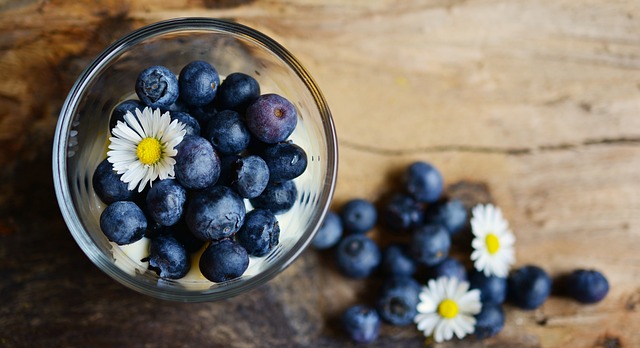The Link Between Probiotics and Mental Health: Can Good Bacteria Improve Your Mood?
We all know that a healthy gut is important for our physical wellbeing, but did you know that it can also have a significant impact on our mental health and mood?
The Gut-Brain Connection
The gut-brain axis is a complex two-way communication system between the central nervous system and the enteric nervous system, which controls the gut. This means that the state of our gut can influence our brain and our mental state, and vice versa.
Studies have shown that people with certain mental health conditions such as depression, anxiety, and even autism, tend to have altered gut microbiomes, which are the bacteria and other microorganisms that live in our digestive tracts.
The Role of Probiotics
Probiotics are live microorganisms that can provide health benefits when consumed in adequate amounts. They are often referred to as “good” bacteria because they help to keep the gut healthy and in balance.
Research has shown that consuming probiotics can have a positive impact on our mental health and mood. A study published in the Journal of Psychiatric Research found that taking a daily probiotic supplement for just four weeks led to a significant decrease in symptoms of depression and anxiety in participants.
Another study published in the journal Gastroenterology found that consuming a probiotic-rich yogurt twice daily for four weeks led to decreased activity in areas of the brain associated with emotion and sensation processing in women.
The Best Probiotic Sources
While probiotic supplements are widely available, you can also get your daily dose of good bacteria from certain foods.
- Yogurt: Look for yogurts that contain live and active cultures.
- Kefir: A fermented milk drink that is packed with probiotics.
- Sauerkraut: Fermented cabbage that is high in probiotics.
- Miso: A Japanese seasoning made from fermented soybeans that is rich in probiotics.
- Kombucha: A fermented tea drink that is loaded with probiotics.
When selecting probiotic sources, it’s important to choose organic, non-GMO options that don’t contain added sugars or artificial ingredients.
Conclusion
The link between our gut and our brain is becoming increasingly clear, and the role of probiotics in promoting good mental health is an exciting area of research. By incorporating probiotic-rich foods and supplements into our diets, we can work to improve not only our physical health, but also our mental wellbeing.







